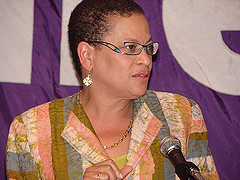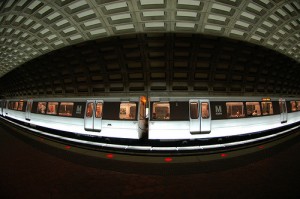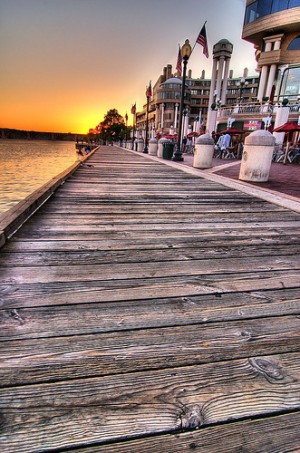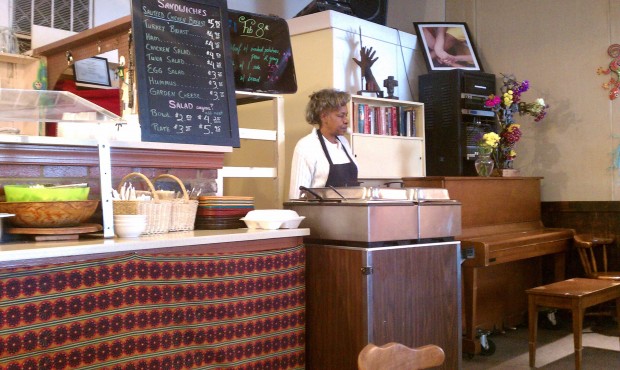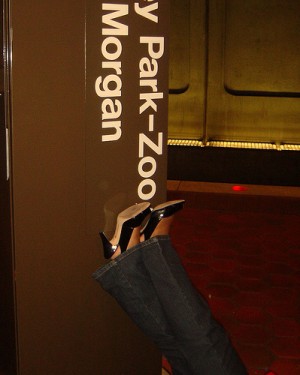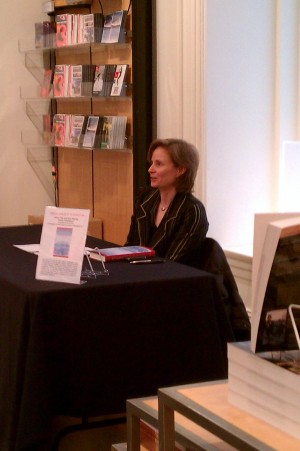
DCentric
Our Place D.C.
When a man is sentenced to serve time in prison, he often has a support system; if visits are allowed, his partner dutifully shows up, dressed to impress, exclaiming to children about how they’re “going to see Daddy!” When a woman is sentenced, whatever support she has is usually marshaled in service to her kids, to keep them out of the foster care system; there are few visitors making the drive to women’s facilities, eagerly anticipating a glimpse of Mommy.
That disparity is also reflected in the dearth of organizations dedicated to helping women who were formerly incarcerated transition to life on the outside. In fact, there is only one group in the country that focuses solely on helping such women– Our Place D.C. Our Place is on K street NW, just down the street from Pedro and Vinny’s renowned burrito stand. There, on “burrito block”, in an understated building, in a cozy suite of offices one floor up from the traffic on Route 29, lives are being changed.
It’s easy to forget about such women; they are imperfect, guilty of poor judgment or more, and all of them are ex-cons. Most of us reserve our support for the “innocent”, or more accurately, for sympathetic victims. It doesn’t occur to us to consider those who have served their time, only to be dropped off in this city with nothing but a prison-issued sweatsuit on their backs. “It used to be worse”, Ashley McSwain tells me. She’s the Executive Director of Our Place. Before, newly-released women would arrive in that orange jumpsuit associated with inmates. “We convinced them to change that. The effort was called ‘Justice, not Jumpsuits’.”
McSwain is the kind of warm, unpretentious lady you’d want to sit next to at a beauty salon; the non-profit she runs reflects that vibe, all brightly painted rooms, uplifting art and comfy chairs. When I walked in to Our Place last week, I didn’t think “prisoners”. It actually reminded me of a college counseling department. I kept expecting to see internship offers or posters for graduate school on the walls.
Continue reading →



